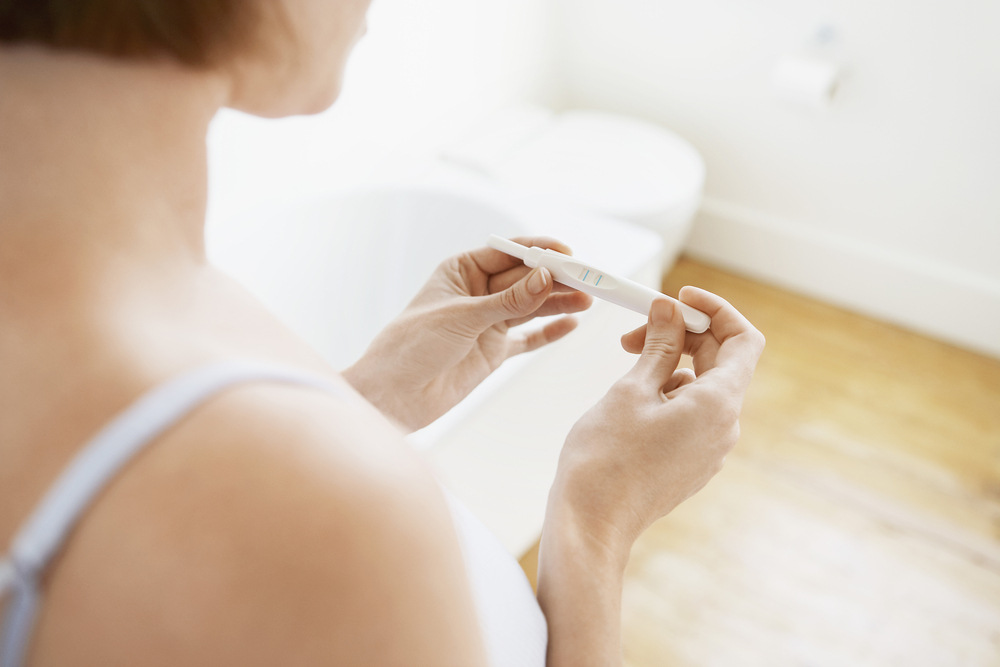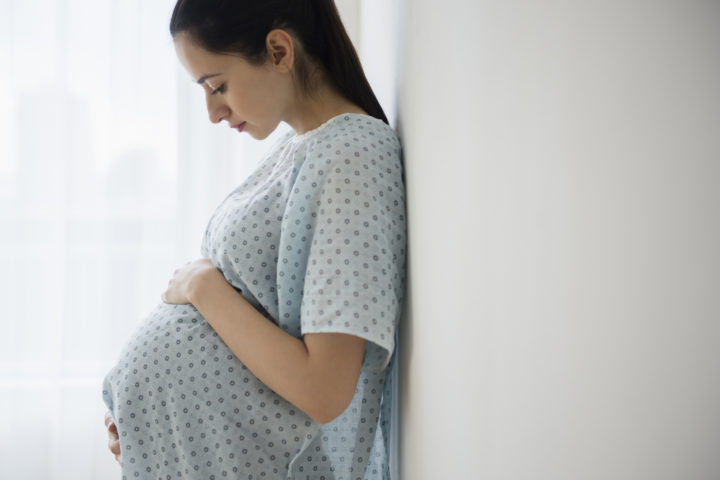I had sex for the first time with a boy and we didn’t use protection. The next day I bought the “morning after pill” and took it. I had some menstrual bleeding for about 30 minutes later that day, and my stomach really hurts. I’m really scared; is everything normal? Is there a possibility that I’m pregnant?
Plan B is also known as the “morning after pill” or “emergency contraception” when accidents happen…and they do! If reliable birth control was not part of the game plan, serious actions can be taken to make sure you cannot get pregnant.
The most common emergency contraception is a high dose of hormones taken ideally within 72 hours of having vagina-penis sex to prevent pregnancy 89% of the time. This method prevents pregnancy by delaying the ovary from releasing an egg so that you do not ovulate. If the egg is not released, the sperm cannot fertilize the egg, and pregnancy will not occur.
Remember: Emergency contraception is not an abortion pill; it’s a birth control.
When can you take emergency contraception?
- Having sex without birth control.
- Condom breaks or other method failure such as missing more than three birth control pills in a row or your partner didn’t pull out in time.
- In cases of rape.
What are the different types of emergency contraception?
- Progestin-only (Levonogestrel): 1 or 2 pills taken 12 and 24 hours apart. Plan B and Next Choice One Dose are the most common brands that can be purchased over the counter. If your body mass index (BMI) is over 25, these brands are not recommended.
- Progesterone agonist/antagonist (Ulipristal Acetate): A prescription only alternative. Well known in Europe. Brand name is Ella.
- Estrogen-Progestin Oral contraceptives: Less commonly used and less effective. Greater side effects.
- Copper (Paraguard) IUD: Less commonly used but effective alternative for long-term birth control. More costly. Recommended for women who are overweight. Has a 99.9% effective rate in preventing pregnancy.
Short term side effects include of using emergency contraception:
- Nausea and vomiting
- Irregular bleeding and spotting can occur for one to four weeks
- Breast tenderness
- Abdominal pain
- Dizziness
- Headache
An anti-nausea medication for nausea and vomiting is recommended one hour before you take oral emergency contraception. Ibuprofen is also helpful for pain and abdominal cramping. The best time to start taking emergency contraception is as soon as possible after having unprotected sex or if a condom broke during sex. It is most effective when taken within 72 hours after sex but it can be taken up to five days after unprotected sex.
The cost of oral emergency contraception is from $30 to $65 for the pills and $500 to $900 for an IUD.
No real doctor follow-up is needed after taking Plan B or other emergency contraception. However, the best follow up would be meeting with your health care provider to get started on a more reliable birth control method.
Creating a “Plan A” is a whole lot less stressful than needing to go to Plan B.
Cover image courtesy of Shutterstock.





comments